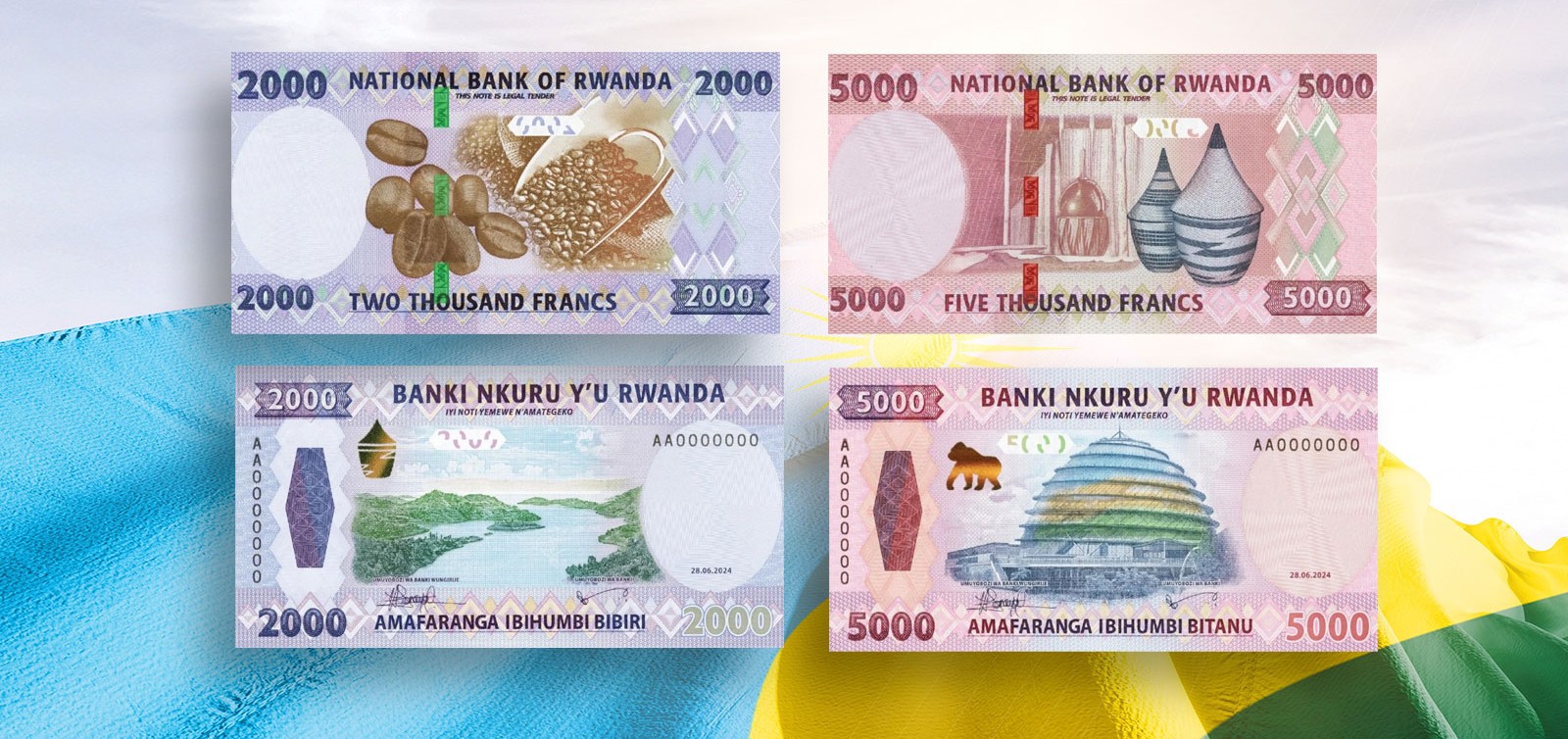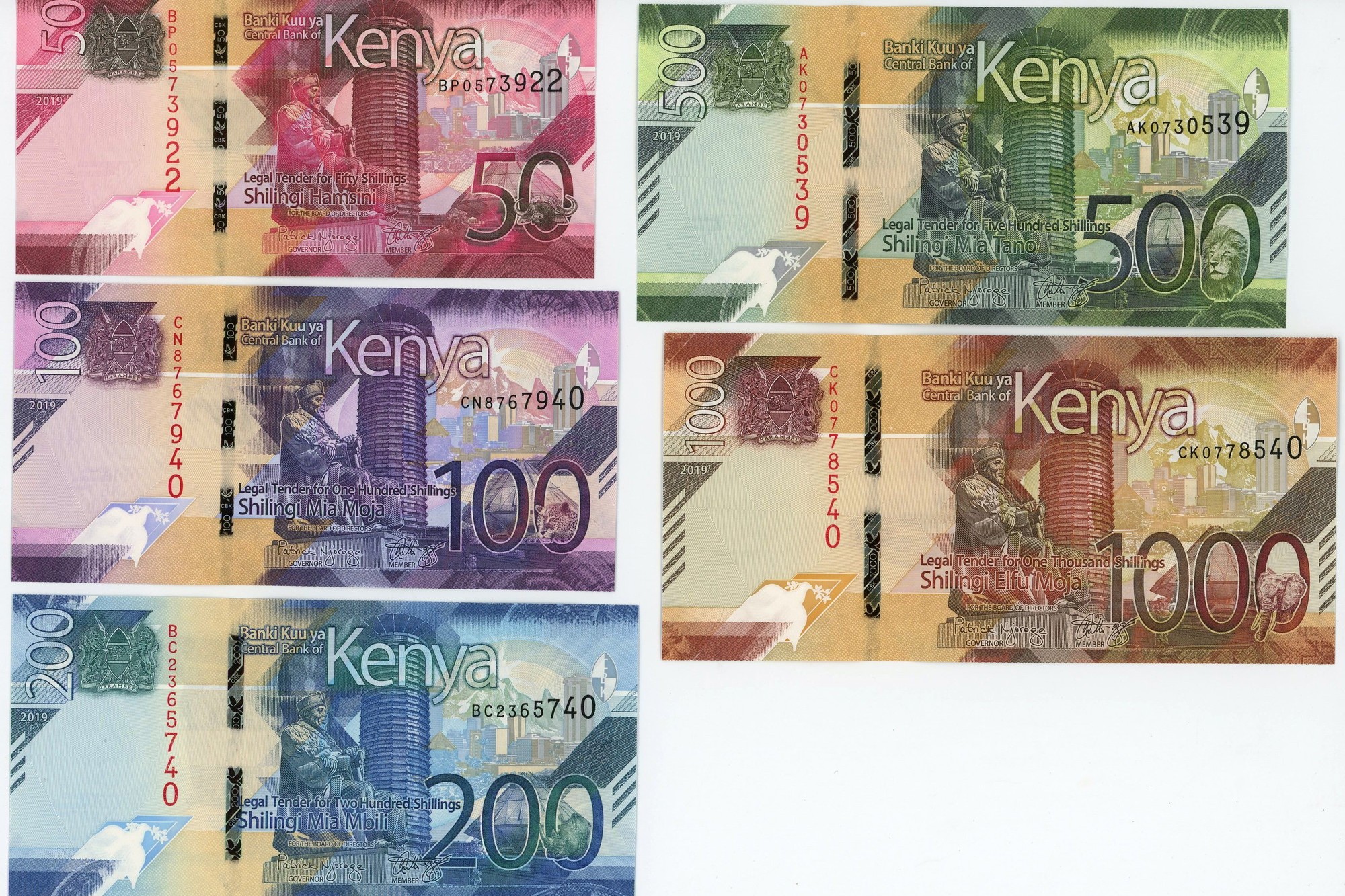- Home
- Uganda
- Gorilla Trekking Safaris
- 15 Day Gorillas – Chimps and Big 5 Safari
- 14 Day Uganda-Rwanda Wildlife & Primates Safari
- 10 Day Uganda Wildlife and Primates Safari
- 10 Day Highlights of Uganda Safari
- 8-Day Uganda Gorilla – Chimpanzee and Big Five Safari
- 7 Day Murchison Falls with Chimps and Gorillas
- 6 Day Gorillas and Lake Mburo Safari
- 6 Day Gorilla Trekking and Queen Elizabeth
- 5 Day Gorillas and White Water Rafting Safari
- 3 Day Uganda Fly to Bwindi Gorilla Safari
- 3 Day Gorilla Trekking and Batwa Trails in Bwindi
- 3 Day Gorillas and Lake Bunyonyi Safari
- Wildlife Safaris
- 22 Days Best of Uganda Wilderness Adventure
- 18 Day Exploring Uganda Safari
- 15 Day Uganda – Kenya -Tanzania Adventure
- 14 Days Uganda & Kenya Wildlife Safari
- 12 Day Mountain Rwenzori Trekking and Wildlife
- 11 Day Uganda Classic Honeymoon Safari
- 7 Day Sipi Falls and Kidepo Valley National Park
- 4 Day Kibale Forest Chimpanzee Tracking
- 3 Days Queen Elizabeth Wildlife Safari
- 3 Day Murchison Falls with Big 5 Adventure
- 3 Day Best of Jinja Safari Adventure
- Birding & Fishing Tours
- 21 Days Birding Uganda and Gorilla Trekking Safari
- 18 Days Birding Tour with Gorilla Trekking
- 15 Days Uganda Birding Safari with Gorillas and Chimps
- 10 Day Birding Uganda and Game Drives
- 10 Day Uganda Fishing Safari with a Boat Cruise
- 4 Day Murchison Falls Fishing Safari
- 3 Day Mabamba Shoebill Birding Safari
- Gorilla Trekking Safaris
- Rwanda
- Kenya
- Tanzania
- Long Safaris
- 15 Day Uganda – Kenya and Tanzania Safari Holiday
- 14 Day Tanzania Wildlife Safari & Pangani Beach Holiday
- 10 Day Wildlife and Kilimanjaro Cultural Safari
- 9 Day Kilimanjaro Hiking Safari in Tanzania
- 9 Day Highlights of Tanzania Safari
- 8 Day Best of Tanzania Wildlife Safari
- 8 Day Classic Honeymoon Package with Zanzibar
- Short Safaris
- Long Safaris
- National Parks
- Uganda
- Rwanda
- Kenya
- Tanzania
- Serengeti National Park
- The Ngorongoro Conservation Area
- Tarangire National Park
- Lake Manyara National Park
- Mount Kilimanjaro National Park
- Arusha National Park
- Gombe National Park
- Katavi National Park
- Kitulo National Park
- Mahale Mountains National Park
- Mikumi National Park
- Mkomazi National Park
- Nyerere National Park (Selous)
- Ruaha National Park
- Rubondo Island National Park
- Saadani National Park
- Udzungwa Mountains National Park
- Blog & Tips
- About Us
- Contact


 Embarking on a journey through
Embarking on a journey through  Welcome to
Welcome to 
 Embark on an extraordinary journey to
Embark on an extraordinary journey to 